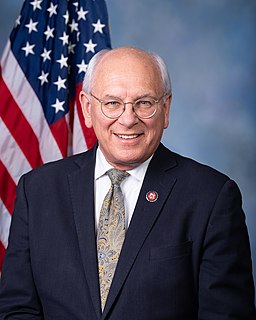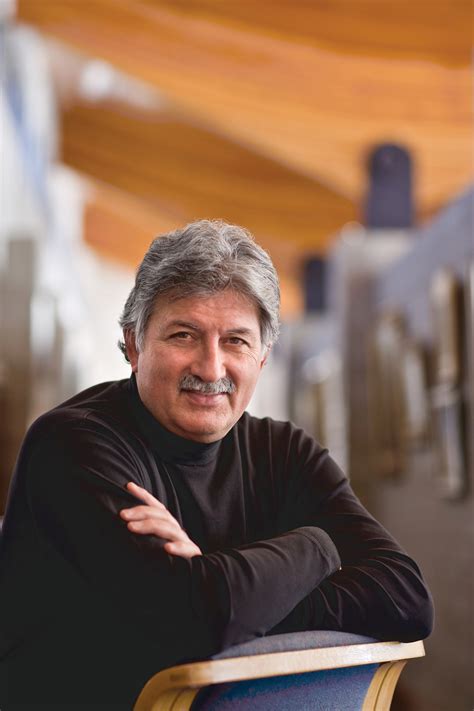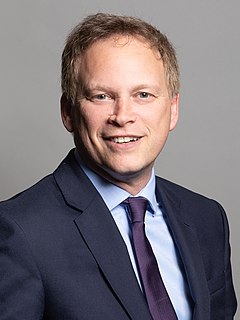A Quote by Margaret D. Klein
The problem is so severe that trying to say, "First we'll fix the government and then we'll tackle climate change," or, "First we have to figure out alternative systems to capitalism and then we'll tackle climate change," I don't see how those things are possible in the very short term.
Related Quotes
Green is not just about renewable energy. It's also about creating a new direction for the whole economy. This requires government to step up, not step back, creating the kinds of mission-oriented public organizations that will enable us to tackle climate change - as ambitious as those that got us to the moon. It also requires the financial sector to be less short-term since we know that short-term finance has distorted incentives and directions in areas like biotechnology.
Despite the international scientific community's consensus on climate change, a small number of critics continue to deny that climate change exists or that humans are causing it. Widely known as climate change "skeptics" or "deniers," these individuals are generally not climate scientists and do not debate the science with the climate scientists.
Climate scientists think of nothing but climate and then express their concerns in terms of constructs such as global mean surface temperature. But we live in a world in which all sorts of change is happening all the time, and the only way to understand what climate change will bring is to tell stories about how it manifests in people's lives.
We have a structural problem because you can simultaneously understand the medium to long-term risks of climate change and also come to the conclusion that it is in your short-term economic interest to invest in oil and gas. Which is why, you know, anybody who tells you that the market is going to fix this on its own is lying to you.
Climate change that is occurring right now is causing so much suffering all around the world. Whether it's adding 30 million people to the "at risk of starvation" list in 2008, whether it's the floods in Pakistan, or entire cultures at risk of disappearing, or desertification in Africa - all these things that are currently being caused by climate change. I think it's something that a lot of people want to figure out: how to make the shift, how to help. It seems like such an overwhelming problem.
































